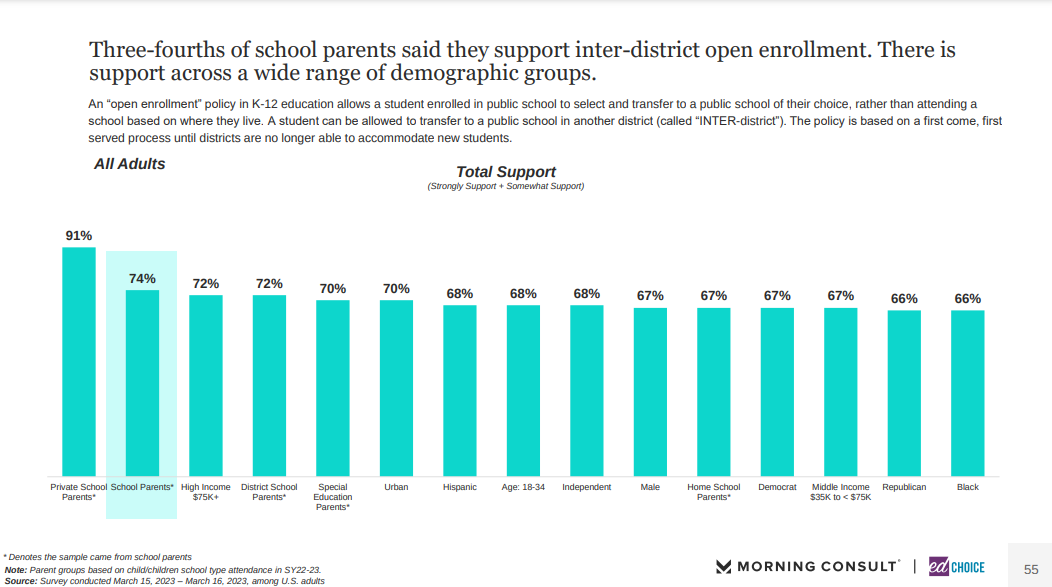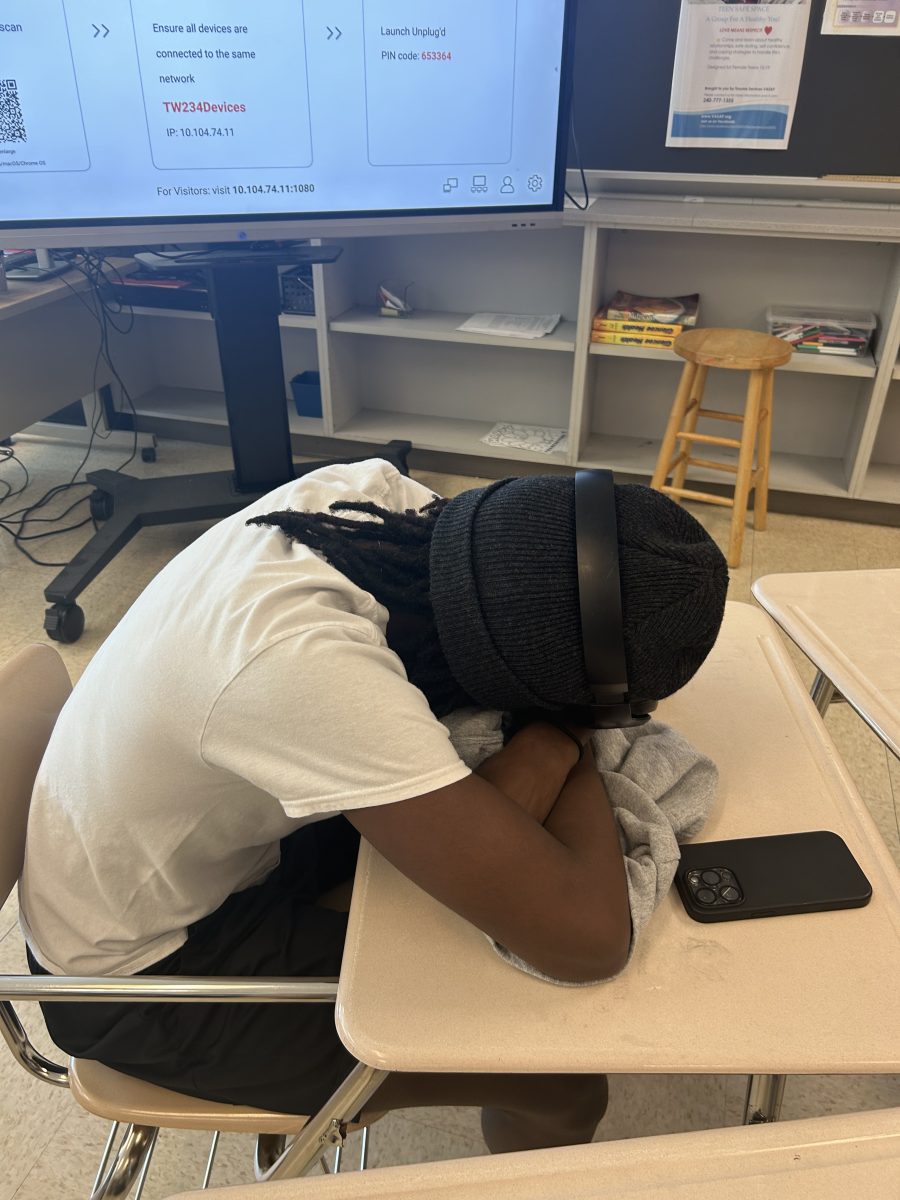The Kentucky Derby took place in Louisville, KY, on May 4, followed by the Preakness in Baltimore on May 18. The longest and oldest race, the Belmont Stakes in Elmont, NY, is on June 8. These races feature athletic three-year-old thoroughbred horses, accompanied by their jockeys, as they strive to win all the three consecutive races and earn the esteemed Triple Crown.
Spectators may admire the historical nature of the Triple Crown races or become enthralled in the glitz and glamor of the race. However, with the traditional feel of these classic races, comes a history of systematic animal abuse.
During these races, horses are prone to leg injuries due to fatigue with consecutive strenuous races. Unlike humans, if a racehorse breaks a leg, it can be almost impossible to heal and is extremely expensive to treat. Laminitis also commonly affects racehorses and is, “damage and inflammation of the tissue between the hoof and the underlying coffin bone,” UC Davis School of Veterinary Medicine said.
Underdeveloped horses have to work exceptionally hard to prove their skill, striving for the pinnacle of the competition, the Triple Crown. Underdeveloped horses being exposed early to the ruthless world of horse racing is often to their detriment, as they may not be equipped yet for the degree of rigor. After going undercover at an “under track” show, “PETA documented how pushing these young, undeveloped horses to run at extreme speeds results in fatal breakdowns and life-threatening injuries,” PETA said.
As a result of the intensity of the injurious sport, racehorses are regularly euthanized. “The larger problem is that 342 racehorses have been euthanized in Maryland over the past decade, mirroring an ongoing tragedy that plays out in Kentucky, California, New York, and across the country, with no end in sight,” Baltimore Magazine said.
Horses are often drugged to disguise their injuries, which forces animals to push past their physical limits through the use of substances. Illegal drugs are a foundational flaw prominent in horse racing and illustrate the dangers of the extent that trainers are willing to go to: the prospect of winning with the opportunity cost of illicit actions and inhumanity to horses as they cannot consent to being drugged. By continuing to push horses with both legal or illegal means, trainers are failing to recognize the struggles of the animals by trying to mask issues, ultimately, “a shocking 90 percent of horses who break down have pre-existing injuries,” PETA said.
This industry is not just deleterious to the horses, but also the jockeys concomitantly, due to the physical toll, mental health issues and potential paralysis. Jockeys may struggle with disordered eating with pressure to maintain a low weight for the safety of the horses. Ingrained in the nature of sport is a history of betting, which can lead to stress, violence or the birth of a gambling addiction.
In the future, the Kentucky Derby should, in addition to the sea of extravagant hats, famous faces, and a zing in the atmosphere, take more precautions to ensure horses are properly cared for. There should be increased and mandatory veterinary checks, prohibition of performance enhancing or masking substances, and young race horses should lead a more balanced lifestyle prior to participation in the Triple Crown races.








